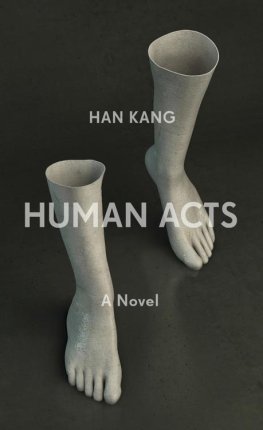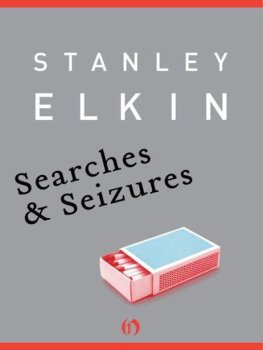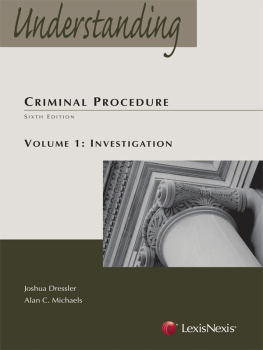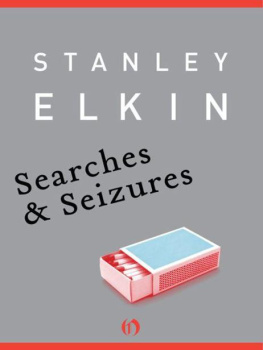Han Kang - Human Acts
Here you can read online Han Kang - Human Acts full text of the book (entire story) in english for free. Download pdf and epub, get meaning, cover and reviews about this ebook. year: 2016, publisher: Portobello Books, genre: Prose. Description of the work, (preface) as well as reviews are available. Best literature library LitArk.com created for fans of good reading and offers a wide selection of genres:
Romance novel
Science fiction
Adventure
Detective
Science
History
Home and family
Prose
Art
Politics
Computer
Non-fiction
Religion
Business
Children
Humor
Choose a favorite category and find really read worthwhile books. Enjoy immersion in the world of imagination, feel the emotions of the characters or learn something new for yourself, make an fascinating discovery.
Human Acts: summary, description and annotation
We offer to read an annotation, description, summary or preface (depends on what the author of the book "Human Acts" wrote himself). If you haven't found the necessary information about the book — write in the comments, we will try to find it.
Human Acts — read online for free the complete book (whole text) full work
Below is the text of the book, divided by pages. System saving the place of the last page read, allows you to conveniently read the book "Human Acts" online for free, without having to search again every time where you left off. Put a bookmark, and you can go to the page where you finished reading at any time.
Font size:
Interval:
Bookmark:
Han Kang
Human Acts
Introduction
In early 1980, South Korea was a heap of dry tinder waiting for a spark. Only a few months previously Park Chung-hee, the military strongman whod ruled since his coup in 1961, had been assassinated by the director of his own security services. Presiding over the so-called Miracle on the Han River South Koreas rapid transformation from dirt-poor and war-shattered into a fully industrialised economic powerhouse had gained Park support from some quarters, though numerous human rights abuses meant he was never truly popular. Recently, hed succumbed to the classic authoritarian temptation to institute increasingly repressive measures, including scrapping the old constitution and having a new one drawn up making his rule a de facto dictatorship. By 1979 things were fraying at the edges, and Parks declaration of martial law in response to demonstrations in the far south was, to some, a sign that something had to give.
But the assassination was no victory for democracy. Instead, into Parks place stepped his protg Chun Doohwan, another army general with firm ideas on how a people should be governed. By May, Chun had used the excuse of rumoured North Korean infiltration to expand martial law to the entire country, closing universities, banning political activities, and further curtailing the freedom of the press. After almost two decades of Park Chung-hee, South Korean citizens recognised a dictator when they saw one. In the southern city of Gwangju, student demonstrations had their numbers swelled by those for whom the countrys miraculous industrialisation had meant back-breaking work in hazardous conditions, and for whom recent unionisation had led to greater political awareness. Paratroopers were sent in to take over from the police, but their brutality against unarmed citizens resulted in a still greater turnout in support of the civil militias. Together, they managed a brief respite during which the army retreated from the city centre.
Shoot-outs, heroism, David and Goliath this is the Gwangju Uprising as it has already been told in countless films, and a lesser writer might have been tempted to start with such superficially gripping tropes. Han Kang starts with bodies. Piled up, reeking, unclaimed and thus unburied, they present both a logistical and an ontological dilemma. The alternation in the original between words whose meanings shade from corpse or dead body to dead person or simply body reflects a status of uncertainty reminiscent of Antigone. In the Korean context, such issues can also be connected to animist beliefs and the idea of somatic integrity that violence done to the body is a violation of the spirit/soul which animates it. In Gwangju, part of the magnitude of the crime was that the violence done to these bodies, and the manner in which they had been dumped or hidden away, meant they were unable to be identified and given the proper burial rites by their families.
The novel is equally unusual in delving into the complex background of the democratisation movement, though Han Kangs style is always to do this obliquely, through the experiences of her characters, rather than presenting a dry historical account. There is the class element, much of which floats beneath the surface of the novel; because the recently unionised factory girls were some of the most vocal and visible agitators for change, the authorities were able to paint the uprising as a Communist plot sparked by North Korean spies, thus legitimising their brutal crackdown. In the chapter entitled The Prisoner, I paid special attention to diction in the hope that this would flag up the subtle politics of a working-class torture survivor being pressured into revisiting traumatic memories for the sake of a university professors academic thesis. And there is also gender politics, with The Factory Girl featuring a women-only splinter group from the main union, set up to address the fact that female workers were treated more unfairly even than the men.
Another striking feature of the uprising is regionalism. It was no accident that the first rumblings, and the worst violence, were felt in the far south of the Korean peninsula, a region which has a long history of political dissent, and of under-representation in the central government. It also goes some way to explaining why the uprisings were suppressed with such brutality, and why the government was able to cover up the precise details and statistics of this suppression for so long. It wasnt until 1997 that the massacre was officially memorialised, and casualty figures remain a contentious issue even today. Disputing the official figures was initially punishable by arrest and, despite being far lower than the estimates by foreign press, these have still not been revised. In terms of mentality if not geography, Gwangju was sufficiently far from Seoul to seem off the mainland the same kind of mental distance as that from London to Northern Ireland at the time of the Bloody Sunday massacre.
Born and raised in Gwangju, Han Kangs personal connection to the subject matter meant that putting this novel together was always going to be an extremely fraught and painful process. She is a writer who takes things deeply to heart, and was anxious that the translation maintain the moral ambivalence of the original, and avoid sensationalising the sorrow and shame which her home town was made to bear. Her empathy comes through most strongly in The Boys Mother, written in a brick-thick Gwangju dialect impossible to replicate in English, Korean dialects being mainly marked by grammatical differences rather than individual words. To me, faithfulness in translation primarily concerns the effect on the reader rather than being an issue of syntax, and so I tried to aim for a non-specific colloquialism that would carry the warmth Han intended. Though I did smuggle the tiniest bit of Yorkshire in call it translators licence.
One of this translations working titles was Uprisings. As well as the obvious connection to the Gwangju Uprising itself, a thread of words runs through the novel come out, come forward, emerge, surface, rise up which suggests an uprising of another kind. The past, like the bodies of the dead, hasnt stayed buried. Repressed trauma irrupts in the form of memory, one of the main Korean words for to remember meaning literally to rise to the surface an inadvertent, often hazy recollection which is the type of memory most common in Han Kangs book. Here, chronology is a complex weave, with constant slippages between past and present, giving the sense of the former constantly intruding on or shadowing the latter. Paragraph breaks and subheadings have been inserted into the translation in order to maintain these shifts in tense without confusing the reader.
In 2013, when Park Chung-hees daughter Park Geunhye was inaugurated as President, the past rose up and ripped the bandage off old wounds for Gwangju-ites like Han Kang. Her novel, then, is both a personal and political response to these recent developments, and a reminder of the human acts of which we are all capable, the brutal and the tender, the base and the sublime.
DEBORAH SMITH
1 The Boy. 1980
Looks like rain, you mutter to yourself.
Whatll we do if it really chucks it down?
You open your eyes so that only a slender chink of light seeps in, and peer at the gingko trees in front of the Provincial Office. As though there, between those branches, the wind is about to take on visible form. As though the raindrops suspended in the air, held breath before the plunge, are on the cusp of trembling down, glittering like jewels.
When you open your eyes properly, the trees outlines dim and blur. Youre going to need glasses before long. This thought gets briefly disturbed by the whooping and applause which breaks out from the direction of the fountain. Perhaps your sights as bad now as its going to get, and youll be able to get away without glasses after all?
Font size:
Interval:
Bookmark:
Similar books «Human Acts»
Look at similar books to Human Acts. We have selected literature similar in name and meaning in the hope of providing readers with more options to find new, interesting, not yet read works.
Discussion, reviews of the book Human Acts and just readers' own opinions. Leave your comments, write what you think about the work, its meaning or the main characters. Specify what exactly you liked and what you didn't like, and why you think so.








